 On April 5th, 2000, a new movie reached theaters and it created quite the controversy. The Palm Pictures film was called “Black and White” and it was a collaborative effort between Wu Tang Clan exec Oli “Power” Grant and writer/director James Toback (both pictured below). The movie was an experimental piece in which each performer/actor had a specific amount of information and key plot points that they were supposed to get across in each scene but other than that they were allowed to freestyle their own dialogue. It made for quite an interesting final product considering that many of the key players had never acted before and/or weren’t trained thespians of any kind.
On April 5th, 2000, a new movie reached theaters and it created quite the controversy. The Palm Pictures film was called “Black and White” and it was a collaborative effort between Wu Tang Clan exec Oli “Power” Grant and writer/director James Toback (both pictured below). The movie was an experimental piece in which each performer/actor had a specific amount of information and key plot points that they were supposed to get across in each scene but other than that they were allowed to freestyle their own dialogue. It made for quite an interesting final product considering that many of the key players had never acted before and/or weren’t trained thespians of any kind.
 In order to show the contrasts between the lives of these Hip Hoppers and the young White students that idolized them, a wide array of Black and White pop culture icons were cast in the film. On one side we have Oli “Power” Grant in the protagonist’s role as Rich Bower, the infamous Harlem gangster who’s trying to get out the game and go legit as an entrepreneur/manager in the Rap game. His main artist is Cigar, played by Wu Tang Clansman Raekwon and his other artists are Raekwon’s proteges American Cream Team (including the infamous Lord Superb and the now deceased Chip Banks).
In order to show the contrasts between the lives of these Hip Hoppers and the young White students that idolized them, a wide array of Black and White pop culture icons were cast in the film. On one side we have Oli “Power” Grant in the protagonist’s role as Rich Bower, the infamous Harlem gangster who’s trying to get out the game and go legit as an entrepreneur/manager in the Rap game. His main artist is Cigar, played by Wu Tang Clansman Raekwon and his other artists are Raekwon’s proteges American Cream Team (including the infamous Lord Superb and the now deceased Chip Banks). Among the celebrities with roles in the film were boxer Mike Tyson, New York socialite Marla Maples, model/actress Claudia Schiffer, Quincy Jones and Peggy Lipton’s fine ass daughter Kidada Jones, newcomer Kim Matulova (she is now a VCA model) and New York Knicks guard Allan Houston. The cast was supplemented with veteran performers such as Robert Downey Jr., Brooke Shields, Jared Leto, Joey Pantoliano and Ben Stiller alongside younger actors like Elijah Wood, Bijou Phillips, Gaby Hoffman, William Lee Scott, Eddie Kaye Thomas and Scott Caan. The Wu Tang Clan (Method Man, Inspectah Deck, Ghostface Killah) and Sticky Fingaz also made appearances in the film as well.
Among the celebrities with roles in the film were boxer Mike Tyson, New York socialite Marla Maples, model/actress Claudia Schiffer, Quincy Jones and Peggy Lipton’s fine ass daughter Kidada Jones, newcomer Kim Matulova (she is now a VCA model) and New York Knicks guard Allan Houston. The cast was supplemented with veteran performers such as Robert Downey Jr., Brooke Shields, Jared Leto, Joey Pantoliano and Ben Stiller alongside younger actors like Elijah Wood, Bijou Phillips, Gaby Hoffman, William Lee Scott, Eddie Kaye Thomas and Scott Caan. The Wu Tang Clan (Method Man, Inspectah Deck, Ghostface Killah) and Sticky Fingaz also made appearances in the film as well. The movies opening scene shows Rich Bower (Power) having sex with two teenage White girls in a public park while Lord Superb stands by as an armed guard. It then shows the parallels between the home life of one of the girls he was smashing and himself and his associate Cigar being denied studio time at Sorcerer Sound because of Rich’s reputation as a gangster. Then came a bunch of convoluted storylines that were somehow strewn together involves themes of identity and being true to yourself.
The movies opening scene shows Rich Bower (Power) having sex with two teenage White girls in a public park while Lord Superb stands by as an armed guard. It then shows the parallels between the home life of one of the girls he was smashing and himself and his associate Cigar being denied studio time at Sorcerer Sound because of Rich’s reputation as a gangster. Then came a bunch of convoluted storylines that were somehow strewn together involves themes of identity and being true to yourself. From there the movie becomes a mish mash of improvised scenes, some of which are interesting and others are just awkward. You can clearly notice where the looping and voiceovers are put in certain scenes so you aren’t totally confused. In some instances they repeat unnecessary information that’s already been covered (as in the case of the D.A.’s son working for Rich Bower). Some scenes (including all of the sex scenes) are pretty much just used for shock purposes. Mike Tyson’s scenes are necessary viewing even though his involvement with the film is a head scratcher in itself. Scott Caan’s scene was interesting considering the fact that he was in the Hip Hop group The Whooliganz with Alchemist back in the days.
From there the movie becomes a mish mash of improvised scenes, some of which are interesting and others are just awkward. You can clearly notice where the looping and voiceovers are put in certain scenes so you aren’t totally confused. In some instances they repeat unnecessary information that’s already been covered (as in the case of the D.A.’s son working for Rich Bower). Some scenes (including all of the sex scenes) are pretty much just used for shock purposes. Mike Tyson’s scenes are necessary viewing even though his involvement with the film is a head scratcher in itself. Scott Caan’s scene was interesting considering the fact that he was in the Hip Hop group The Whooliganz with Alchemist back in the days.Around the time of the release of the film there were several talk shows all over cable talking about the phenomenon of White youth and why they identify themselves with Hip Hop culture and Black culture (or what they believe “Black culture” to be). I taped one show that aired April 10th, 2000 on Fox News Channel called “The Full Nelson” hosted by Rob Nelson and the panel consisted of Hakim of Channel Live, William “Upski” Wimsatt, former member of The Source Mind Squad and author of the books “Bomb The Suburbs” and “No More Prisons”, Smokey Fontaine, the former music editor of The Source and entertainment editor at HBO’s Volume.com (he has since written “E.A.R.L: The Autobiography Of DMX”) and Mia Mask, editor of Cineaste.com (she is now an associate professor in the Drama and Film Department of Vassar College).
This panel was all about the sensational aspect of the film, White youth being immersed in Hip Hop culture. Rob Nelson kept asking Upski how he felt about being a “wigger”. Upski wouldn’t go for it and later on Hakim of Channel Live explained that “wigger” was not an acceptable term and that the word was coined by racist Whites that didn’t approve of the actions of their Hip Hop loving peers. Then the panel was steered towards the question of “Are executives trying to force White kids to act Black?”. This question was shot down by the panel (especially Hakim).
 It was clear that Rob Nelson was not prepared to moderate a discussion about racial politics or Hip Hop. It was then that Hakim, Upski and Smokey just took over the discussion. Nothing was learned except that White youth make up 70% of Rap music sales and that White youth loving Black music was nothing new. No fresh, eye opening exchange of ideas or new ground was broken. Just like the movie the panel inspired.
It was clear that Rob Nelson was not prepared to moderate a discussion about racial politics or Hip Hop. It was then that Hakim, Upski and Smokey just took over the discussion. Nothing was learned except that White youth make up 70% of Rap music sales and that White youth loving Black music was nothing new. No fresh, eye opening exchange of ideas or new ground was broken. Just like the movie the panel inspired.The movie was made to make people think and open up dialogue about this fascinating cultural phenomenon...that didn’t happen. The film was released less than 8 years ago and damn near no one even remembers it ever even coming out. Several American Cream Team songs appear in the film (but didn’t make the soundtrack) such as “Kid Encyclopedia”, “Perb’s World”, “Where You At”, “Volochi Papers”, “Heavyweight Champ”, “Set It Off”, “Hold Your Head”, “Urban Life”, “Club Life” and a bunch of other Raekwon joints that had yet to be released.
Power was the executive producer of the Black And White soundtrack and the musical consultant for the film. The film was a promotional vehicle for the upcoming American Cream Team project “Only In America”. The film failed to crack the Top 10 after the first week in the theaters and fell 60& in the second week. It was out of theaters after only 26 days and generated only $5.2 million dollars. It’s budget was $10 million and it didn’t break even for a long time even with the DVD rentals and sales. To make matters even worse, Chip Banks was shot and murdered in November 2000 and the American Cream Team album was shelved indefinitely.
I fully recommend this clusterfuck of a Hip Hop/indie film to all Hip Hop and film fanatics to see just to know what not to do. If you do rent this film then watch it with the director’s commentary after you’ve seen it the first time and watch James Toback’s video diary in the Extras to further illustrate my point about this film. Below I have included the soundtrack to round out the full “Black And White” experience.
 Black And White OST (2000)
Black And White OST (2000)http://www.mediafire.com/?d5jmpm5gucx
One.
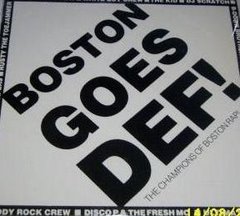

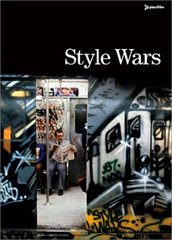

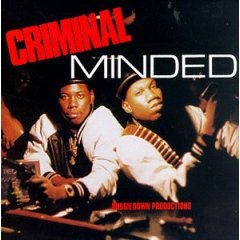
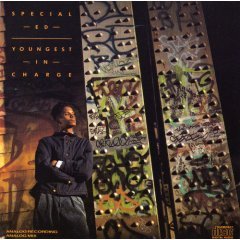
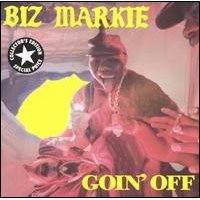


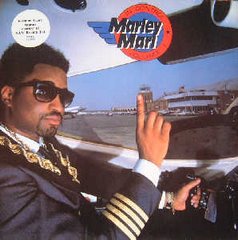


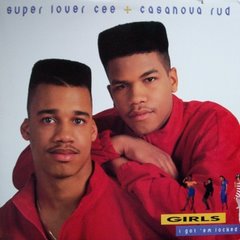



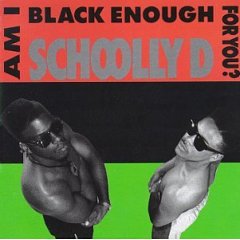

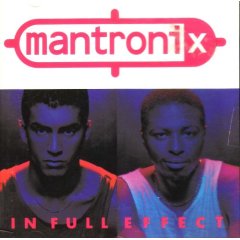
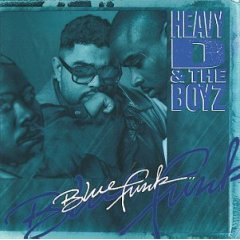
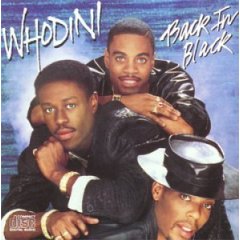



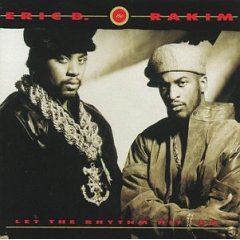
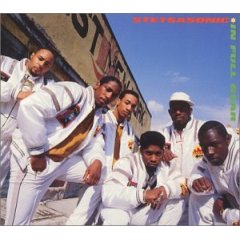

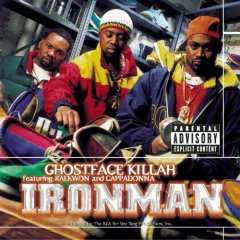
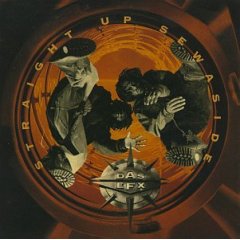
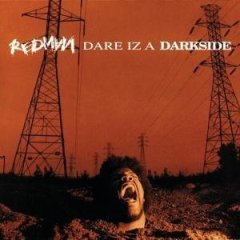


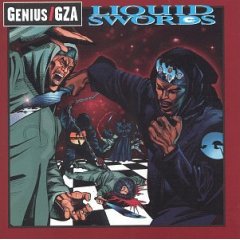

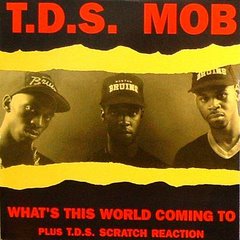
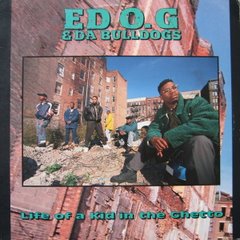

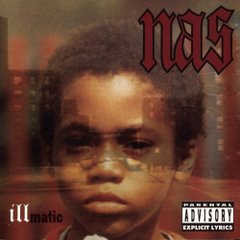
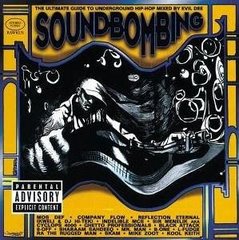

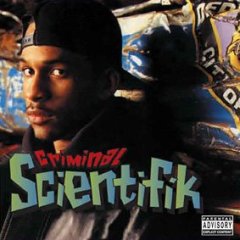
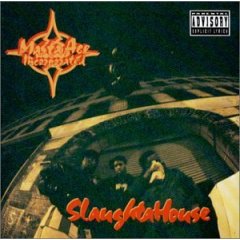
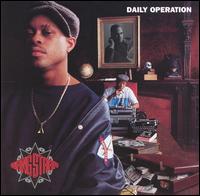



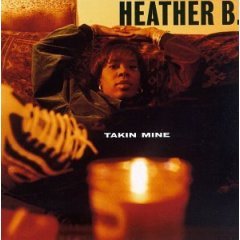
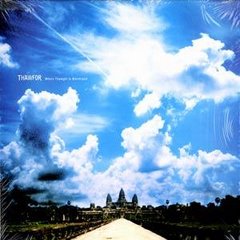


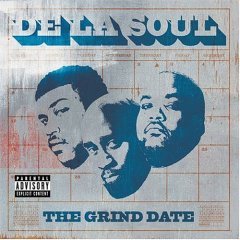
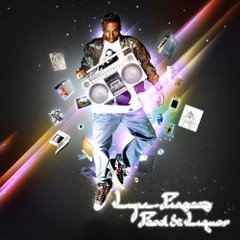

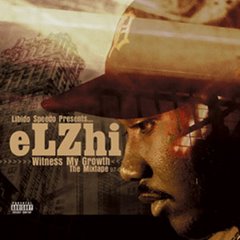





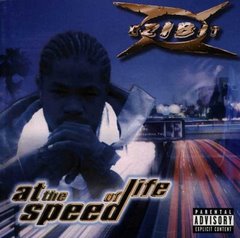
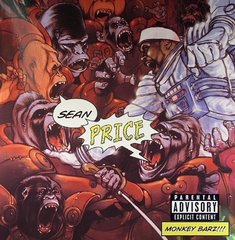

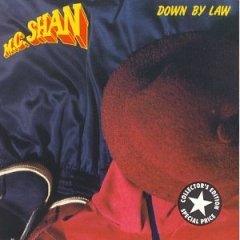

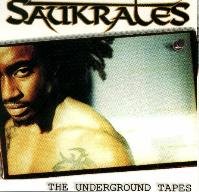
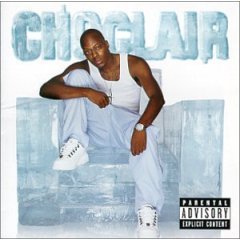


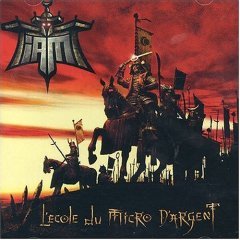

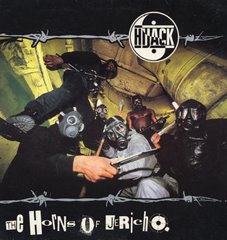

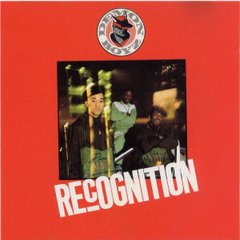
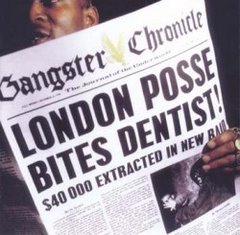
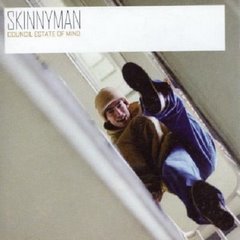


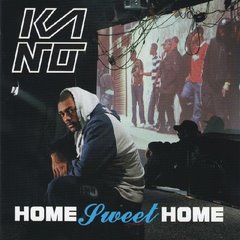
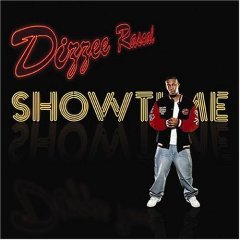
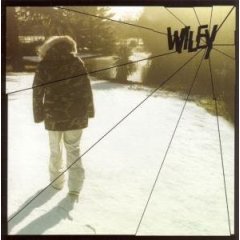
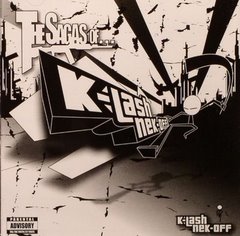

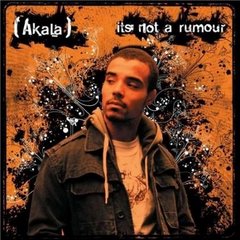




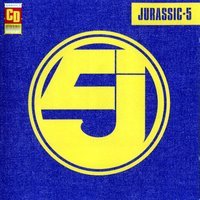
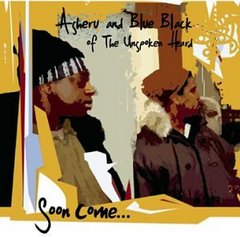

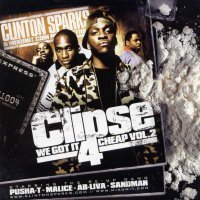


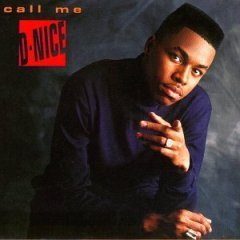
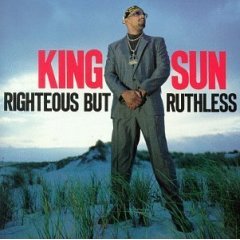

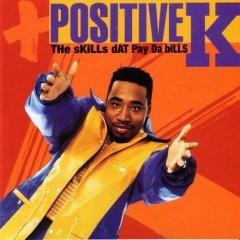

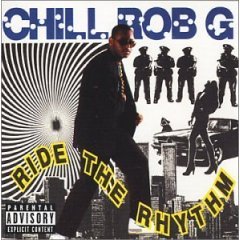



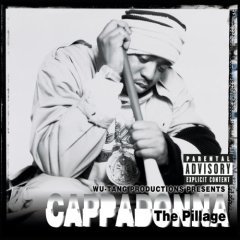



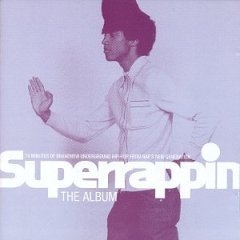
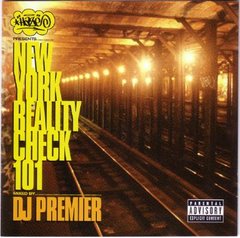



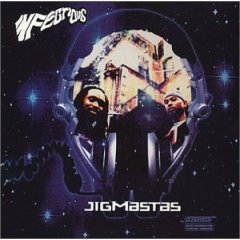
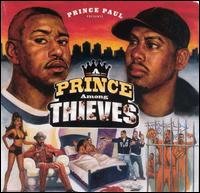
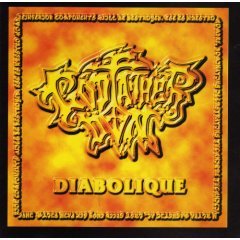
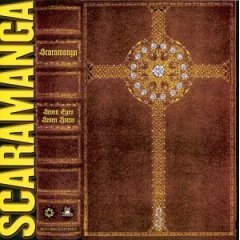


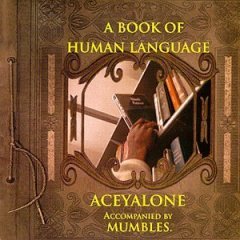
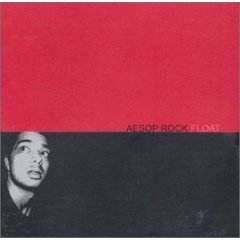
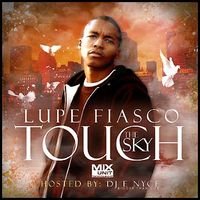
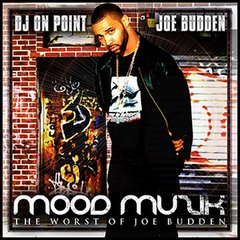





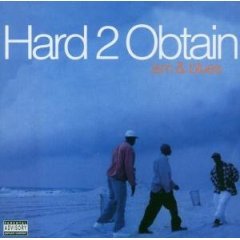
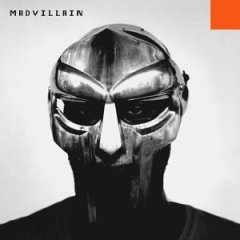
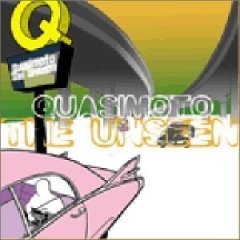

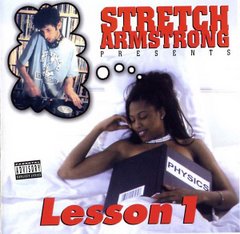
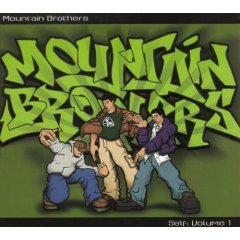



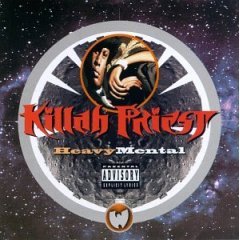
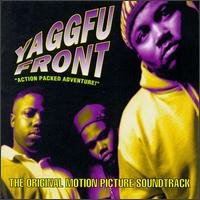

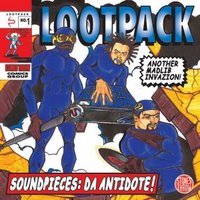

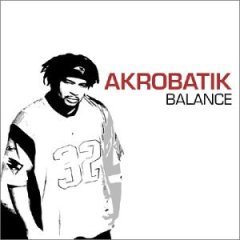


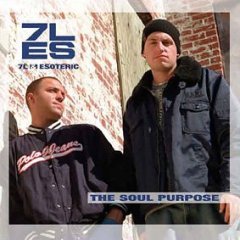
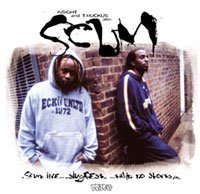

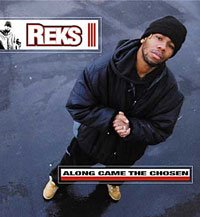
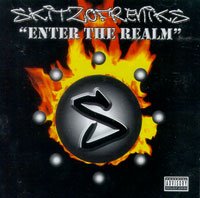
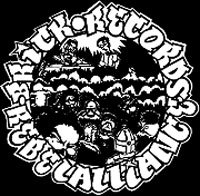


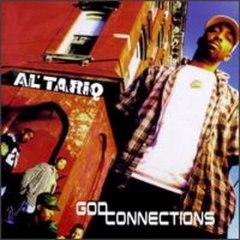

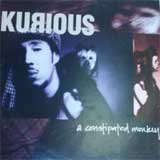

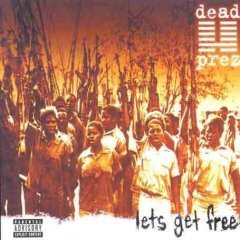
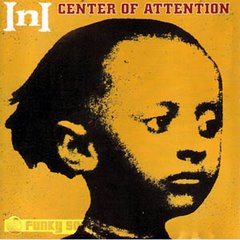
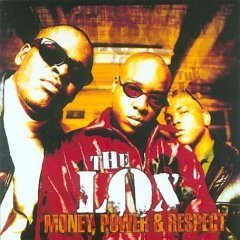
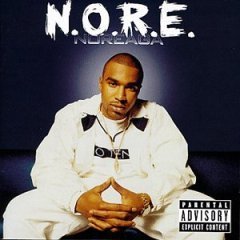
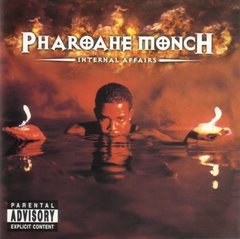
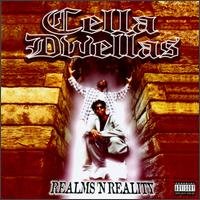


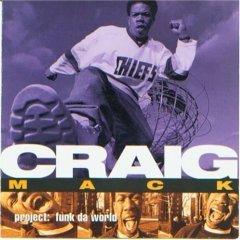


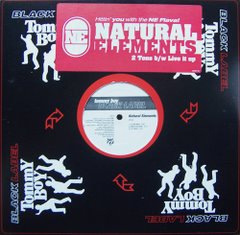
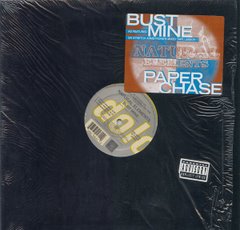

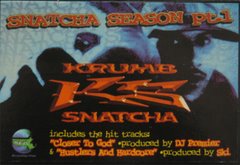






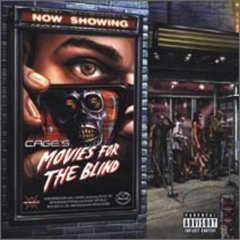
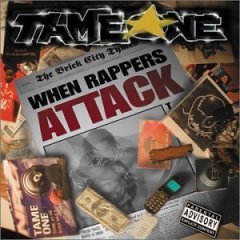
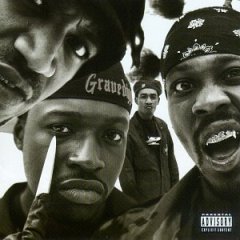

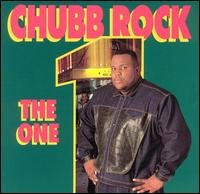
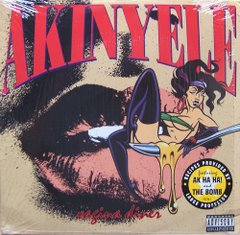

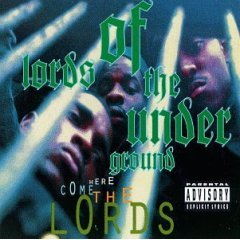

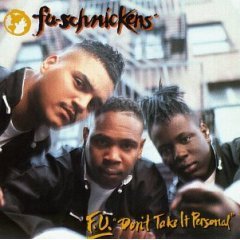
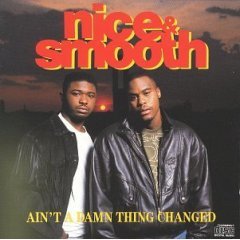

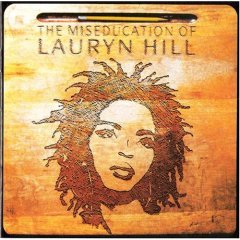
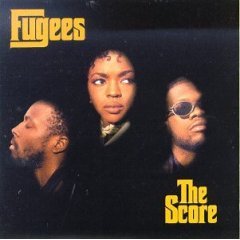
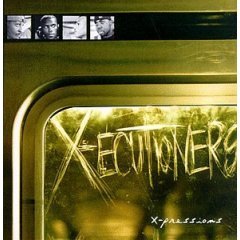
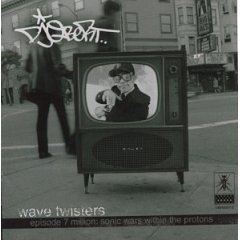

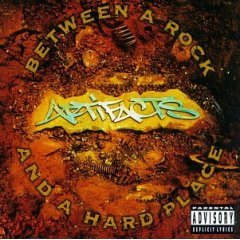
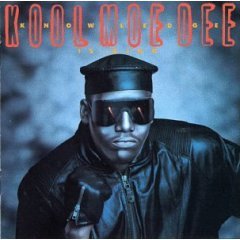
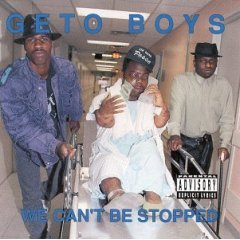
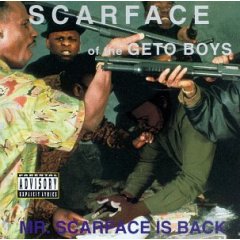
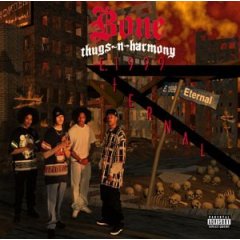







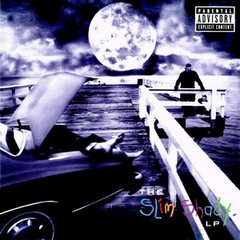

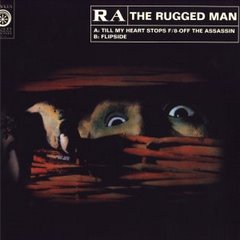
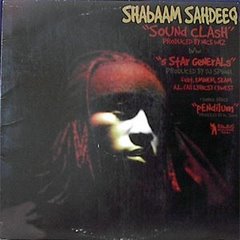
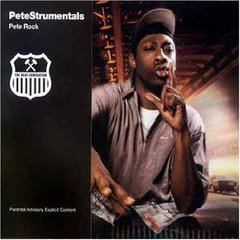
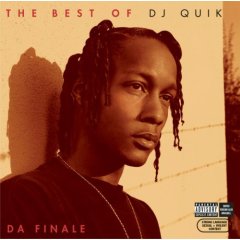


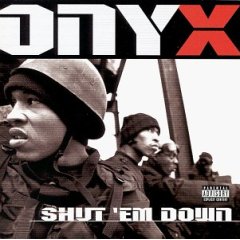


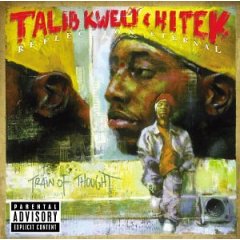
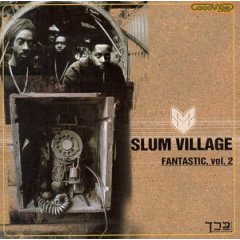
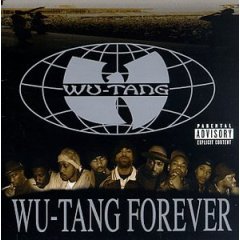
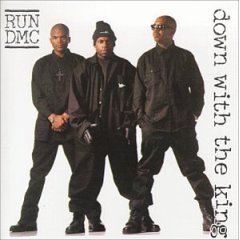

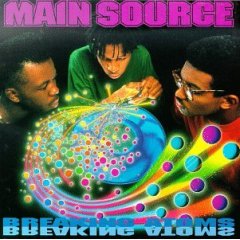

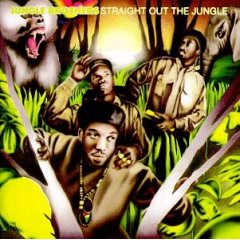

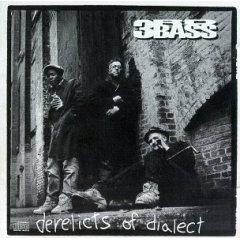

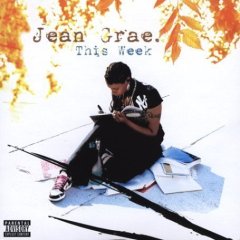
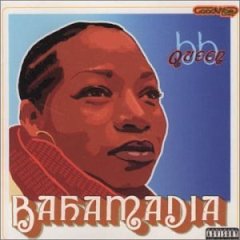

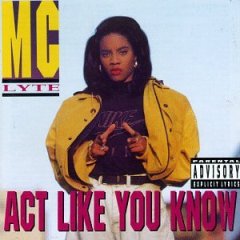

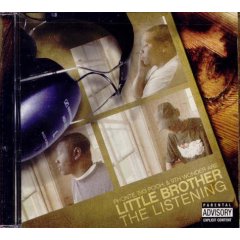

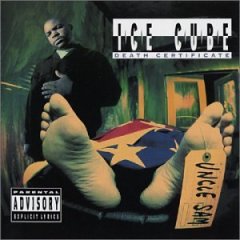

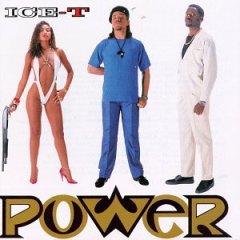

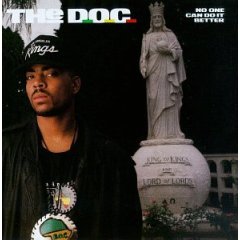




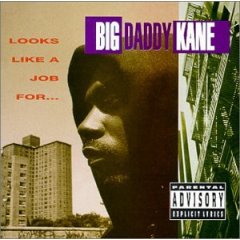

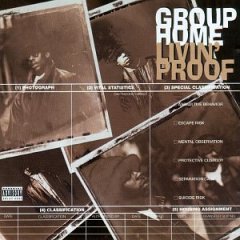

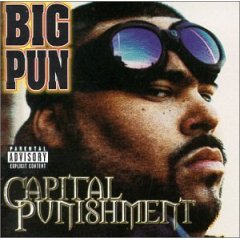
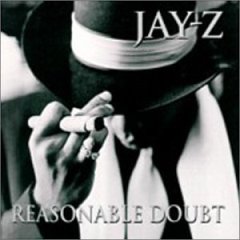
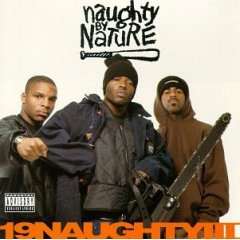


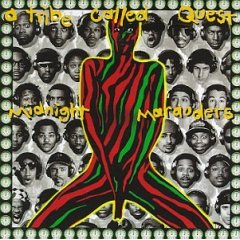
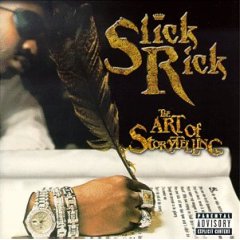
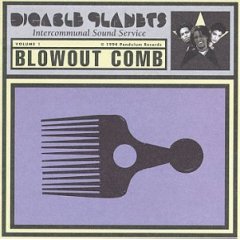
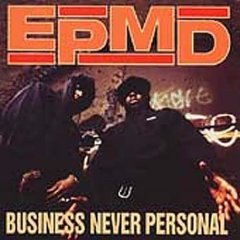






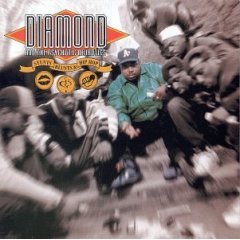
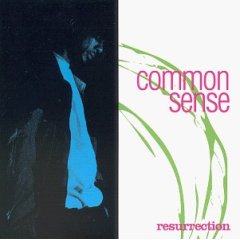
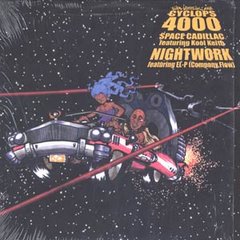
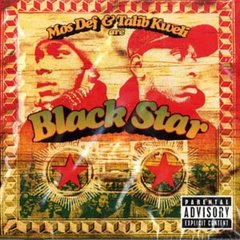
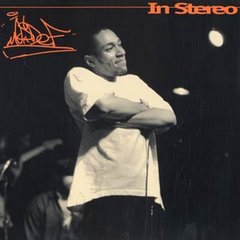
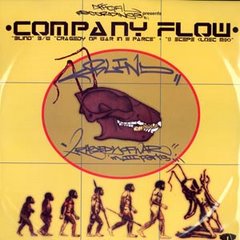

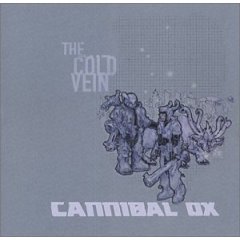

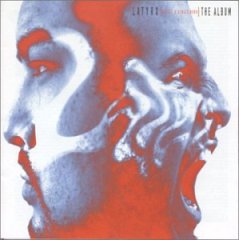
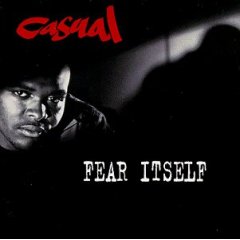




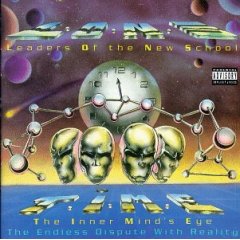
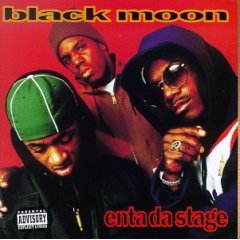

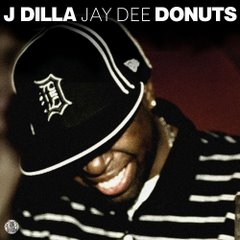
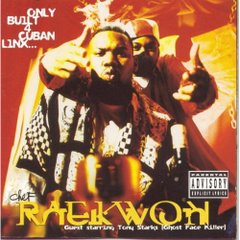

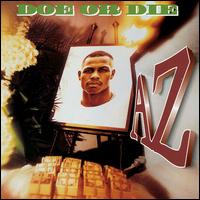
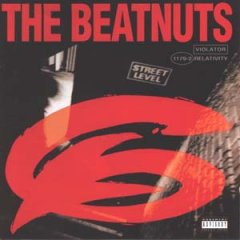

5 comments:
I saw this in the theatre.... at least now I know why it was so bad. I still enjoyed the Mike Tyson scenes
i remember this joint. the tyson scene was classic.
My wife kept bugging me to see this and apart from the wilderness 3some and that Tyson seen, it made my eyes bleed.
Dart, you should do a write on Slam. My wife and I always argue about which was better between that and Brooklyn Babylon.
Pace
I remember renting this shitty ass movie just on the strength of Wu-Tang and the trailer where they showed Robert Downey getting bitch slapped by Mike Tyson.
By the end of the movie, I was even more pissed at Raekwon for not only releasing Immobilarity but playing an egofreak dickhead rapper named "Cigar." I'm not sure what's a worse on-screen rappin' alias--that or B. Rabbit.
Oh and the soundtrack sucked too.
@ Zilla:
To make things worse, Power got strong armed outta putting in more songs he actually wanted in the soundtrack for a Queen Pen song (trash) and he had to give Tommy Hilfiger's nephew (Michael Fredo) a featured song in the film and on the soundtrack. He was screwed by Loud Records and their associates...oh, and the Infinite Architechtz (Mike "Trauma" D?) production was HOT GARBAGE!
One.
Post a Comment